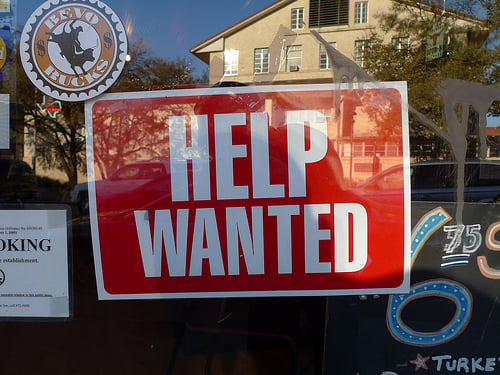Published on
Wanted: Professional Input In Higher Education

For the next 20 years, I believe and feel that the economy itself will be in a different position and the jobs that we consider in demand now will become obsolete depending upon budgetary concerns. For one, the social services industry has always been a valued asset to the government, community and helping others. According to Hatch (2000), social services grew twice as rapidly as health services during the 1990s, increasing employment by 70 percent or more than a million employees (p. 14). Now this growth can continue because there is always a need for individuals who need support in the areas of providing psychosocial support, child care, and even monitoring of group and foster homes. Today, the majority of this industry is affected by the government and this growth can begin to change in the next ten years if the people in Washington and local counties don’t budget correctly.
The Bureau of Labor & Statistics (2009) supports my argument by stating that “Demand for child and family social workers should continue, as these workers are needed to investigate child abuse cases, place children in foster care and with adoptive families. However, growth for these workers may be hampered by the budget constraints of state and local governments, who are amongst the largest employers of these workers.”
To overcome these challenges, my suggestion would be is to have industry-minded professionals come into higher education institutions and suggest what majors will make students employable once they graduate. Another valid piece of information that these higher education institutions are missing are mandatory internships or mandatory work experience prior to graduation. Although, it is offered in every way and manner through academic advising and career services of these big colleges, but if students, in my opinion, do not have it part of their curriculum then they will choose not to pursue it.
For these higher education institutions to flourish, industry-minded professionals need to be in these schools as teachers, academic advisors, administration and even teacher assistants. These professionals are the only ones who will be aware of the trends that take place in the job industry. Otherwise, the higher education institutions will fail when it comes to making students employable and marketable upon graduation. For a school that can only provide a piece of paper is a waste of time and money and can hinder upon the school’s reputation in the long run.
References
Bureau of Labor Statistics, U.S. Department of Labor. (2009, December 17). Occupational Outlook Handbook, 2010-11 Edition, Social Workers. Retrieved from http://www.bls.gov/oco/ocos060.htm
Hatch, J. and Clinton, A. (2000). Job growth in the 1990s: A Retrospect. Monthly Labor Review. Retrieved from http://www.bls.gov/opub/mlr/2000/12/art1full.pdf
Author Perspective: Administrator


